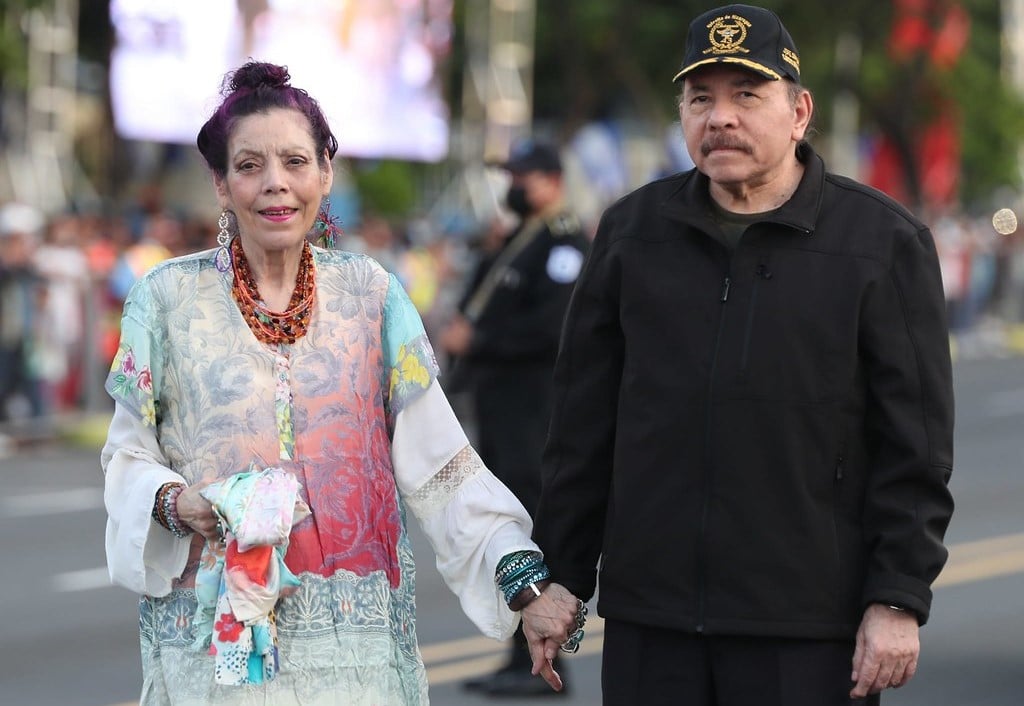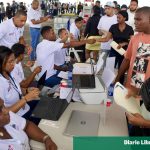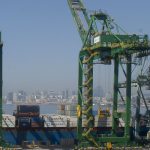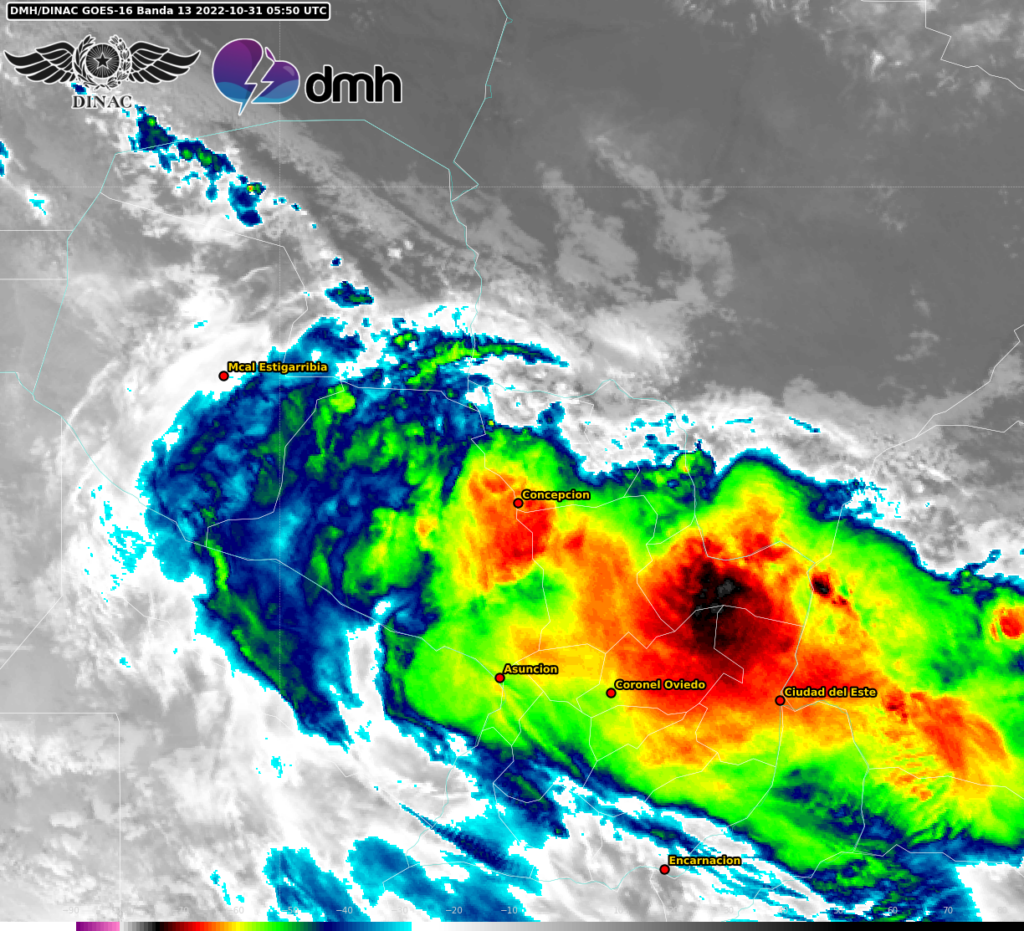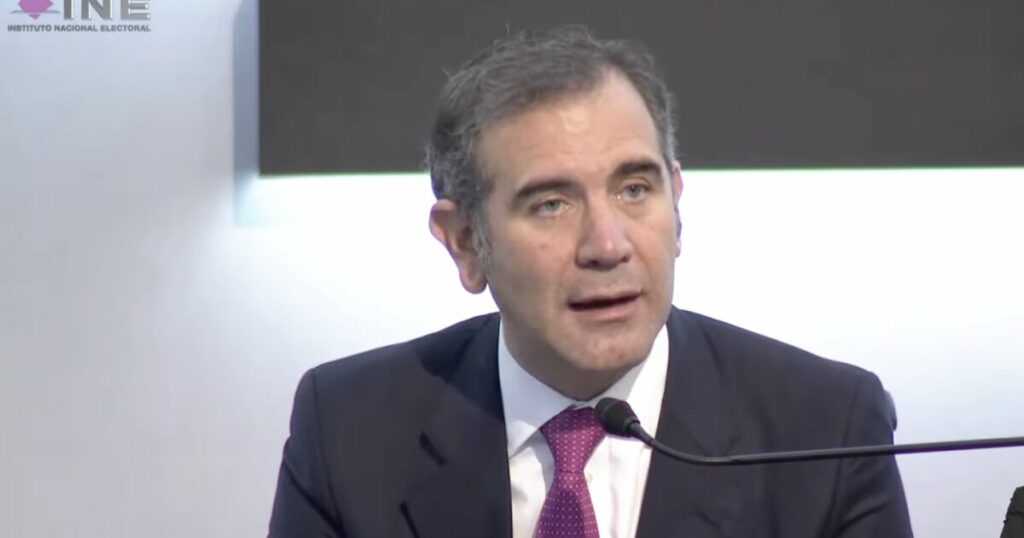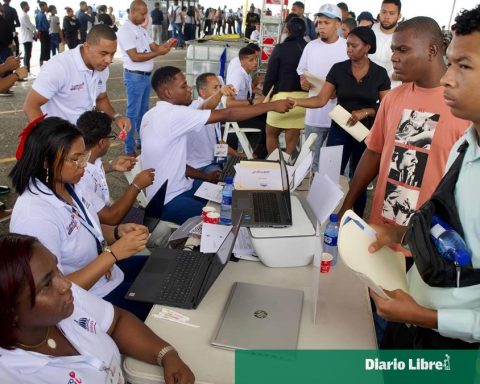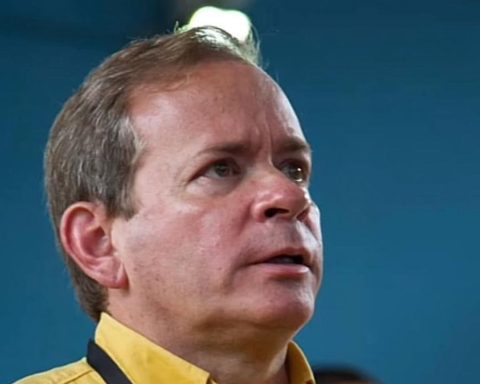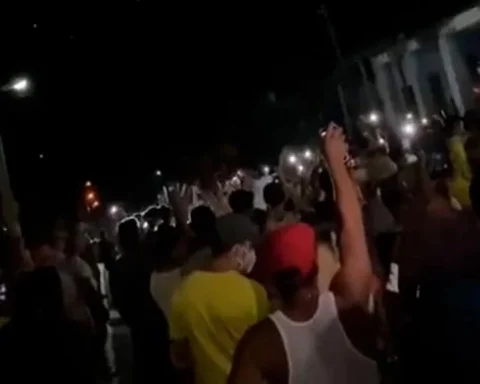Seven political prisoners – Bishop Rolando Álvarez, Cristiana Chamorro, Juan Sebastián Chamorro, Félix Maradiaga, Medardo Mairena, José Adán Aguerri and Arturo Cruz – far exceed Daniel Ortega and Rosario Murillo in evaluating the image of public personalities, in the latest survey by the Costa Rican firm CID Gallup.
All prisoners of conscience obtained positive approval ratings ranging between 19% and 32%, while Ortega and Murillo were the worst evaluated political figures in the CID Gallup poll with negative indices in which unfavorable opinions outweigh favorable ones. Ortega obtained a 38% favorable opinion and -40% unfavorable opinion, while Murillo received 31% and -44%, respectively, with indices of -2% and -13%, respectively.
The mayor of Managua, Reyna Rueda, stood out as the best valued Nicaraguan personality in the last survey that placed it with 51% favorable opinion and 13% unfavorable.
According to the pollster, Rueda “has gained supporters over the course of the year” and “is the only Sandinista public figure who has favorable opinions among the population.”
In recent months, Rueda appears almost daily in the media and social networks of Ortega propaganda, either in the inauguration of the paving of a street or in the delivery of aid to low-income families. She, together with Vice Mayor Enrique Armas, will opt for one more period at the head of the capital’s commune, in some questionable municipal votes to be held on November 6.
The survey, to which he had access CONFIDENTIAL, was conducted through telephone interviews with 1,200 citizens, between September 26 and October 10, and has a margin of error of +/- 2.8. The measurement focused on Nicaraguans over 16 years of age, with a cell phone with an active line, distributed throughout the country.
Bishop Rolando Álvarez with 50% favorable opinions
Monsignor Rolando Álvarez, bishop of the Diocese of Matagalpa and apostolic administrator of the Diocese of Estelí, who has spent more than two months under “house arrest” by orders of Ortega and Murillo, is the second Nicaraguan personality with a high percentage of favorable opinion : 50%, according to the survey. The religious leader received an unfavorable 18%.
The prelate, critical of the Ortega dictatorship, served two months of “house arrest” on October 19, after he was removed from the Episcopal Curia of Matagalpa and forcibly transferred to his family’s home in Managua.
The bishop is allegedly “investigated” for trying to “organize violent groups,” allegedly “with the purpose of destabilizing the State of Nicaragua and attacking the constitutional authorities.” Despite the seriousness of the accusations, the authorities have not presented any evidence against the priest.
Other political prisoners who received high percentages of favorable opinions They were the former presidential candidates: Cristiana Chamorro, Juan Sebastián Chamorro, Félix Maradiaga, Medardo Mairena and Arturo Cruz, and the former president of the Superior Council of Private Enterprise (Cosep), José Adán Aguerri, also received a good evaluation.
Chamorro Barrios obtained a 49% favorable opinion and -20% unfavorable; Juan Sebastián received 47% and -19%, respectively; Maradiaga, 46% and -22%; Mairena, 43% and .21%; Aguerri, 43% and -18%, and Cruz obtained 34% and -15%.
In the latest CID Gallup polls, political prisoners have obtained better results than Ortega and Murillo. A poll in September 2021, prior to the presidential vote that year, revealed that either opposition candidate would win in fair and independent elections.
In that occasion, Ortega and Murillo also obtained the worst results: the president received a 34% favorable opinion and -64% unfavorable; and the vice president 37% and -60%, respectively.
Majority of citizens without preferred political party
The recent survey by the Costa Rican firm indicated that “half of the citizens said they did not have a preferred political party. The worse the economic situation of the citizen, the more likely it is that this type of institution will not interest them”.
“Another interesting fact in this measurement is that those who do not profess any religion are more likely to not have a political party,” said CID Gallup.
When the Costa Rican firm asked: “What is your favorite political party?”, 52% answered that “none”, 37% the Sandinista Front, 9% “do not know or do not answer”, 1% the Liberal Party Constitutionalist (PLC) and another 1% “others”.

“Sympathy for this group (FSLN) has more to do with positions in the Government or other perquisites, and less with ideology of some kind, which is shown by the fact that people who are not from Managua and those with a better economic situation are those who support the government party”, detailed the pollster.
The apathy towards the political parties is also reflected in the poor citizen intention to participate in the next voting. To the question: Do you plan to vote in the municipal elections?, 52% answered “no”, 39% “yes” and 9% “don’t know”.
Some 3.7 million Nicaraguans are called to these votesin which only the Sandinista Front and five other political groups considered collaborators of the Ortega dictatorship participate.
